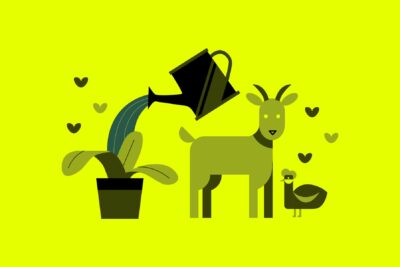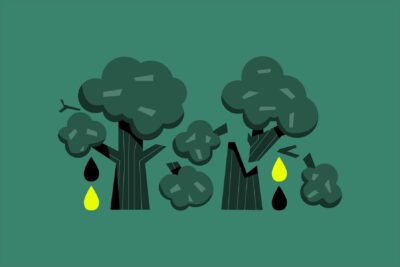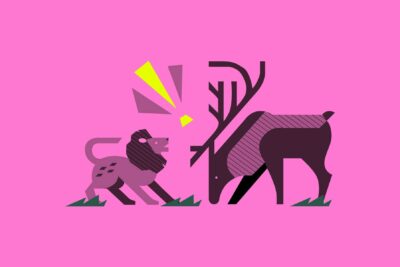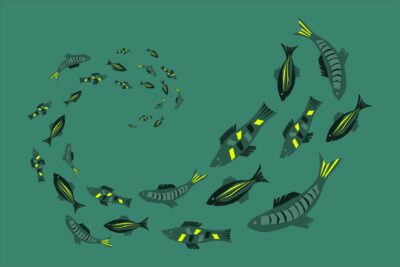Lots of people become vegan specifically because they care about people.
It could be that they are looking to protect their own children by passing on healthy food habits, thereby breaking a family “tradition” of developing heart disease or diabetes. It could be because they care about food equity, and understand that meat production demands the lion’s share of the world’s agricultural resources. Quite simply, if we take more, other people are getting less, and crops that people need to feed their families are instead sold to wealthy countries to be fed to farmed animals (with a shocking net loss of food at the end of the process). To produce all that feed we need so much land, which is how meat consumption drives deforestation. It’s not just natural habitats and wild animals who lose out when forests are felled, Indigenous peoples are forced from their homes for the production of meat, too.
Veganism is also a reaction to the fact that food habits forced onto communities through colonialism are still having a detrimental health impact today. It is taking action to redress old injustices, as well as tackling current injustices such as when factory farms—and their inherent environmental hazards—are sited predominantly within communities of color.
It is also a caring choice because workers on animal farms are at greater risk of respiratory disorders and ill health from toxic gases and particulate matter, while slaughterhouse work has been linked to mental health disorders and serious injury. Seventy-three percent of farmworkers doing this low-paid, dangerous work in the US are immigrants. Around half are undocumented, and therefore more vulnerable to exploitation. There have also been a number of recent exposes revealing people trafficked into slavery by the fishing industry.
And when we consider the future of humanity on this planet, there are three significant challenges to face: climate breakdown, antibiotic-resistant pathogens, and pandemics. All three are driven by our production and consumption of meat, and all three have already had a devastating impact on the lives of people. Humanity would be safer without the meat industry.
As this information is becoming more widely known, more and more people are choosing a plant-based diet to better protect people. But the reality is, whatever our primary reason for becoming vegan, our hearts and minds are big enough to care about more than one thing at a time. Since the well-being of people is tied inextricably to the health of the planet and to animals, when we care about one, we are caring about all.
If you would like to know more about how our dietary choices impact people, try our 7-day Vegan for Humanity challenge.



